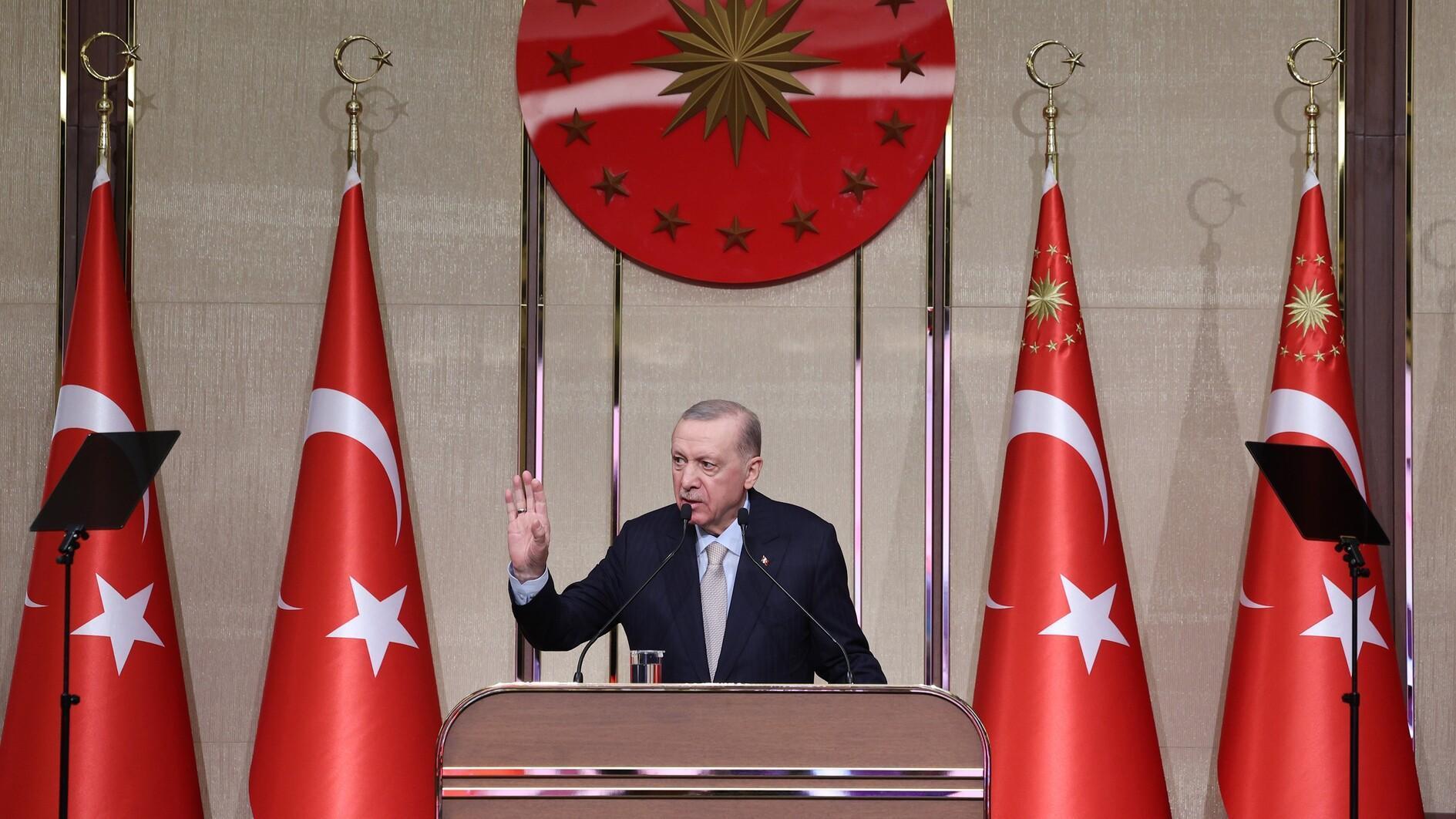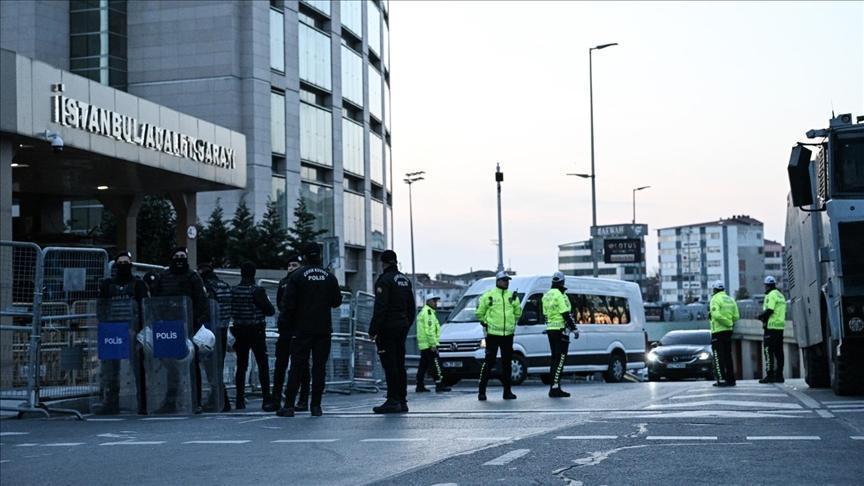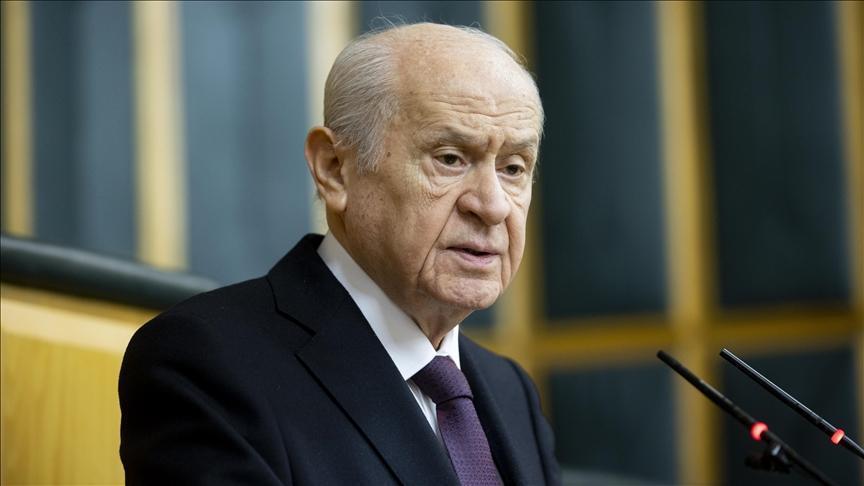Authors Fukuyama and Başsoy should meet for lunch
It was more than 20 years ago when political theorist Francis Fukuyama ignited unending debate with an essay called “The End of History.” In a sense, what he really did was put an intellectual ball into play, setting up a way to consider the collapse of the Soviet Union and the end of the Cold War and to debate the profound implications.
I hope his most recent essay “The Future of History,” now available in the January/February issue of Foreign Affairs, resonates at least as well. While it speaks directly to the political and economic malaise in Europe and the United States, it also could be a point of embarkation to consider the effective collapse of party pluralism in Turkey.
As a refresher, it is useful to remember just what Fukuyama so controversially argued back in 1989. It was not that events per se would stop. Rather, it was that the end point of human development would be the universal embrace of liberal democracy:
“What we may be witnessing is not just the end of the Cold War or the passing of a particular period of post-war history, but the end of history as such: that is, the end point of mankind’s ideological evolution and the universalization of Western liberal democracy as the final form of human government.”
The new argument takes a sharp turn from the old, arguing, if I can crudely summarize, that liberal capitalism may destroy liberal democracy. In short, Fukuyama argues that the lightly regulated capitalism of the last 30 years is ravaging the middle class upon which the success of liberal democracy depends.
While the defenders of today’s economics have their champions, the critics of the policies that created the mortgage crisis in America and the fiscal crisis in Europe lack a compelling narrative. Adherents of “old left” Marxism are only to be found in the retirement homes of Europe and the United States and a few isolated spots in Latin America or Nepal. Any kind of “new left” is yet to emerge, he argues.
Which leaves the state of populist reaction only to xenophobic nationalists in Europe or poorly focused right-wing nuts as in America’s “Tea Party.” The events known as the “Arab Spring” demonstrate aspirations for liberal democracy, he argues. But in the absence of a supporting economic idea, a resort to transnational Islamism or Chinese-inspired authoritarianism is a likely course.
“It has been several decades since anyone on the left has been able to articulate, first, a coherent analysis of what happens to the structure of advanced societies as they undergo economic change and second, a realistic agenda that has any hope of protecting a middle class society,” Fukuyama writes.
Much in this argument reflects the logic of new and hotly debated book by Turkish author Ateş İlyas Başsoy: “Why does the AKP win, why does the CHP lose?” Its basic premise is that while the ruling party has a narrative that speaks to Turkey’s new middle class, all the others just talk to themselves in the language of a bygone era. (See Barçın Yınanç’s interview in the Hürriyet Daily News, Dec. 17.)
“The alternative narrative is out there,” Fukuyama insists, “waiting to be born.”
Both Fukuyama and Başsoy are on to something. I am just not sure what it is.










